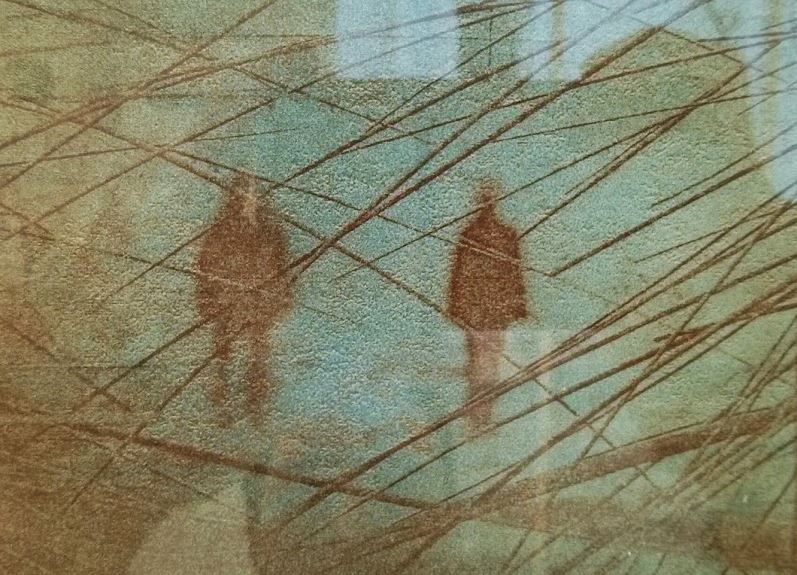The lost art of dating

Heather Cicchese writes about an experiment in a Boston College where instead of just ‘hooking up’, students take the risk of actually talking to each other.
In a Starbucks on the Boston University campus, Dave Griffin sat down with an acquaintance from his hometown of Duxbury. Griffin placed two coffees and two croissants on the table.
Griffin and his date caught up on how freshman year had been, the conversation tinged with awkwardness, until they reached the 45-minute time limit. Before they parted ways, he invited her on a second date. He didn’t tell her why he’d asked her on the first one.
“I would have asked her out regardless,” he said.
Unknown to his companion, Griffin had invited her for coffee as part of an assignment for a Boston College class whose instructor, Kerry Cronin, gives extra credit to any student who will go on a date.
The reason? Because most of them don’t know how, Cronin says.
It’s not surprising, says Cronin. This is a generation that has grown up with relatively low expectations in the realm of happily every after. Theirs is a world where most embrace group activities, punctuated with the periodic hookup, and communicate largely in digital bursts of 140-250 characters instead of in person. Love Letters: He’s feeling like a second fiddle
Cronin says this all came together for her during a lecture she gave about the campus hookup culture eight years ago. She says she was nervously anticipating controversial questions about sex and intimacy, but instead one student asked, “How would you ask someone on a date?”
As she began to answer, the questioner became more specific: “Like, the actual words.”
That year, Cronin gave the option of going on a date to students in a seminar she taught to juniors and seniors that examined relationships, spirituality, and personal development.
Only one of the 15 students did. The next semester, she made the assignment mandatory, and some students began choosing the course specifically for that reason, saying they had trouble asking people out on dates on their own.
Cronin is associate director of the Lonergan Institute, a philosophy research center at Boston College. She now teaches a philosophy class for freshmen and sophomores that includes discussions of personal ethical and moral choices, and the optional dating assignment is part of the syllabus.
“The idea behind the hookup culture is that these are our ‘crazy’ and ‘independent’ years, and dating is too serious or committed,” says Meaghan Kelliher, a sophomore who took Cronin’s class and went on a “Cronin date.” She says the assignment showed her that dating could be “exploratory” rather than a serious commitment.
Cronin describes dating as a “lost social script.” Students, she says, don’t know where to begin or what to say. Her assignment delineates specific boundaries so students know what to expect. The date has to be 45 to 90 minutes long with a person of legitimate romantic interest.
The student has to pay and has to make the invitation not by text or e-mail but in person, which Griffin did at a BU dance recital he attended with a mutual friend. The date cannot involve alcohol, kissing, and sex.
Dating, Cronin says, has been supplanted on campuses by a hookup culture that can entail anything from kissing to having sex with strangers or acquaintances rather than committed partners. When Cronin gives talks, on the other hand, she plays down the issue of sex and focuses on how dating requires the courage to be vulnerable to another person.
Cronin explains the assignment to her students as “wanting us to do something courageous,” says freshman Frank DiMartino, who took the class. “It’s easy to hook up with someone you’ve just met in a dark room after having a few drinks,” DiMartino says. “But asking someone out on a date in broad daylight, and when you actually have to know their name, can be really scary.”
You can read the rest of the article here.
Tags: dating, featured, love, Relationships
















